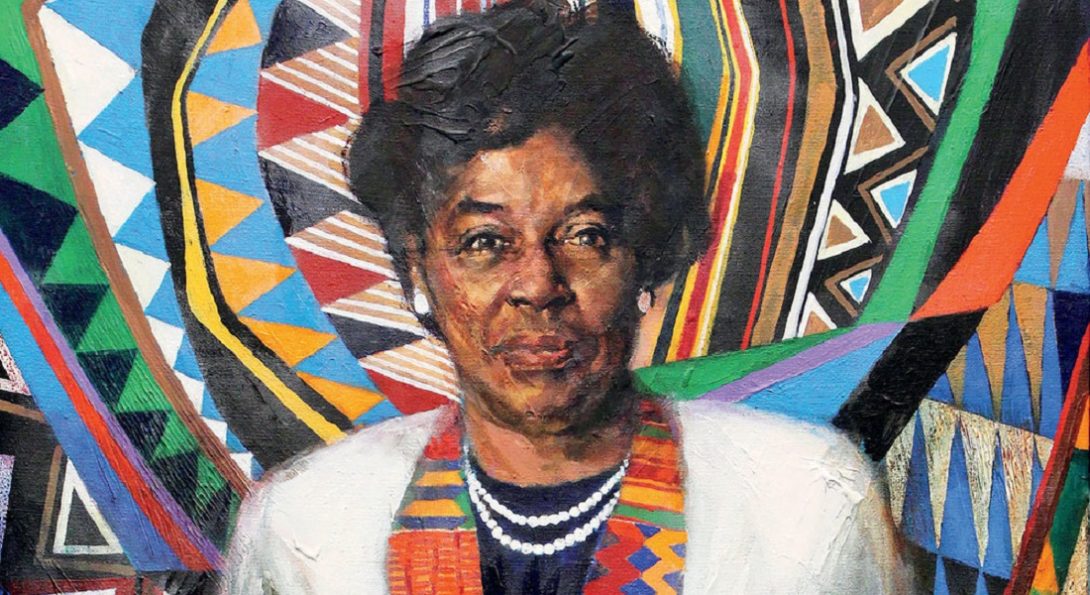Commemorating a Pioneer

A memorial bequest in honor of Professor Grace Holt elevates Black Studies.
In her 22 years as a UIC professor, Grace Holt pioneered the view of Black English as a dialect of standard English. She organized UIC’s first Black History Month activities, founded the Black History Month Planning Committee and chaired it for many years. In 1971, she was appointed to establish the Black Studies Department in the College of Liberal Arts and Sciences and in 1974 was appointed its first director.
Today, select Black Studies students are supported by the Grace Holt Memorial Endowment, which was established after Holt’s death in 1991 by her daughter, Colette Holt, to honor her legacy. Colette Holt, principal at Colette Holt & Associates, contributes to the fund regularly, encourages her loved ones to do the same and is providing a gift to the endowment in her will. The fund supports students enrolled in the Black Studies department who demonstrate a commitment to racial justice.
“My mother was the first Black woman to earn tenure at UIC,” says Holt. “In 1991 when we set up the fund, there was a constant need to explain why African American studies was important, and I wanted to elevate its stature, gravitas and structure within the university. Today it’s established as a discipline, and I’m proud to support its students.”
Holt reflects that her mother was a force of nature who loved teaching and her students, many of whom attended her funeral to describe how influential she was. Grace Holt saw potential in people when others didn’t and spent her time in academia fighting the myth that poor Black children can’t learn.
“Establishing a bequest in her honor allowed me to make a significant contribution, worthy of my mom, when I was young and broke and just starting my law practice,” says Holt. “We need to support Black scholars today as much as we did in 1970. Gifts like mine can create systematic, generational change we may not live to see, just like the fruits of the work my mother did 50 years ago.”
(from UIC Magazine, Spring 2022 issue)